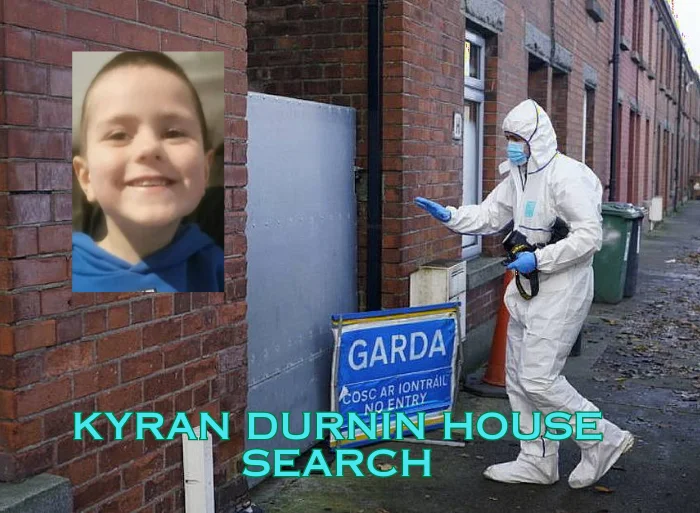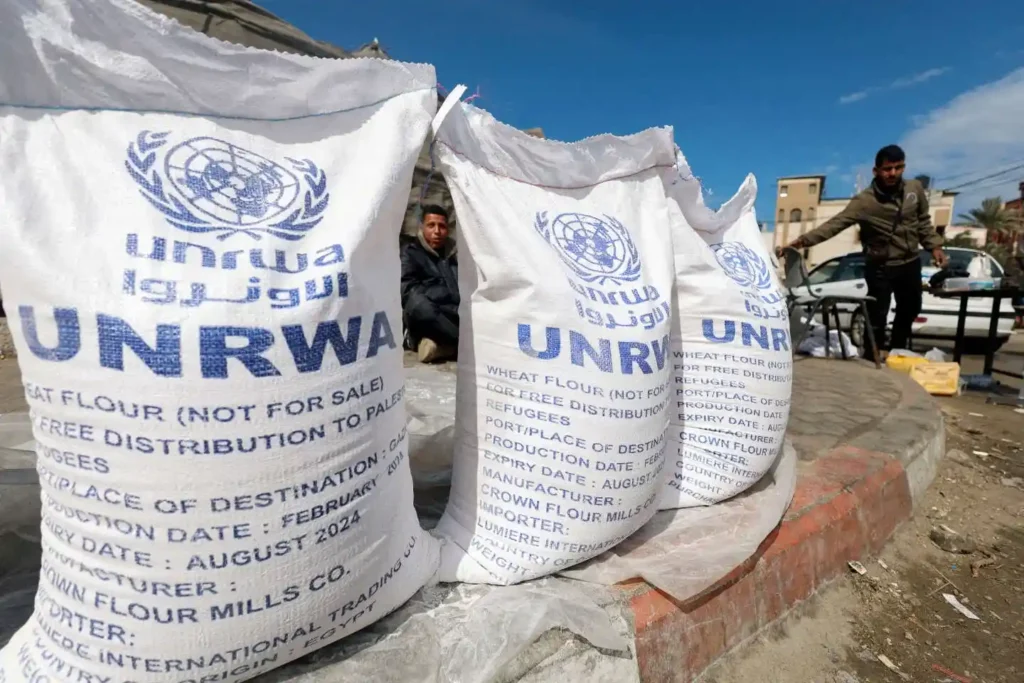Proposal to Allow Homeless Asylum Seekers to Work in Ireland
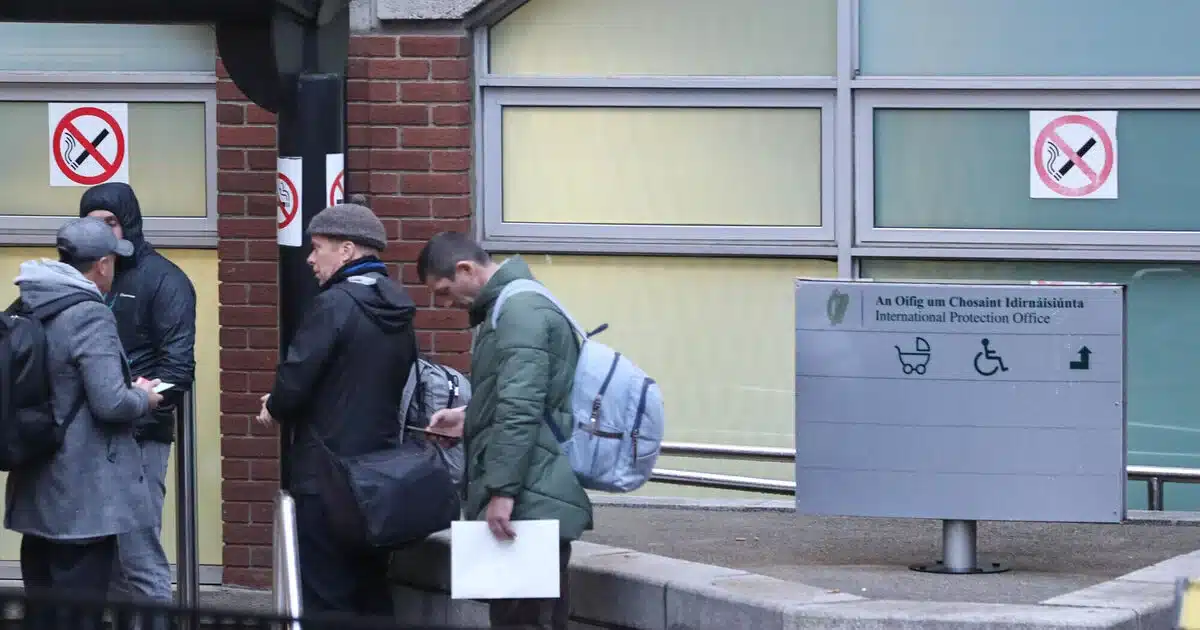
Irish Minister of State Neale Richmond has proposed allowing homeless asylum seekers to work after two months in the country, subject to verification and fitness for work. This proposal addresses current delays, where individuals must wait five months for permission to work while awaiting a final decision on their asylum application.
(Also read Fuel Allowance Ending Next Month in Social Welfare Ireland.)
Richmond argues that this change would benefit both Ireland and asylum seekers. He suggests utilising vacant large-scale development projects to accommodate individuals while they contribute to the workforce, particularly in sectors like construction where there’s a labour shortage. He cites the example of 1,000 Ukrainians currently working in construction who arrived with work permits.
Implications of Allowing Homeless Asylum Seekers to Work in Ireland
However, this proposal for emergency housing for asylum seekers has sparked concerns about a potential “pull factor” for immigration, especially considering the current issue of over 1,000 asylum seekers facing homelessness due to a lack of state accommodation. Richmond acknowledges this as a complex situation but proposes repurposing unused development projects as a temporary solution.
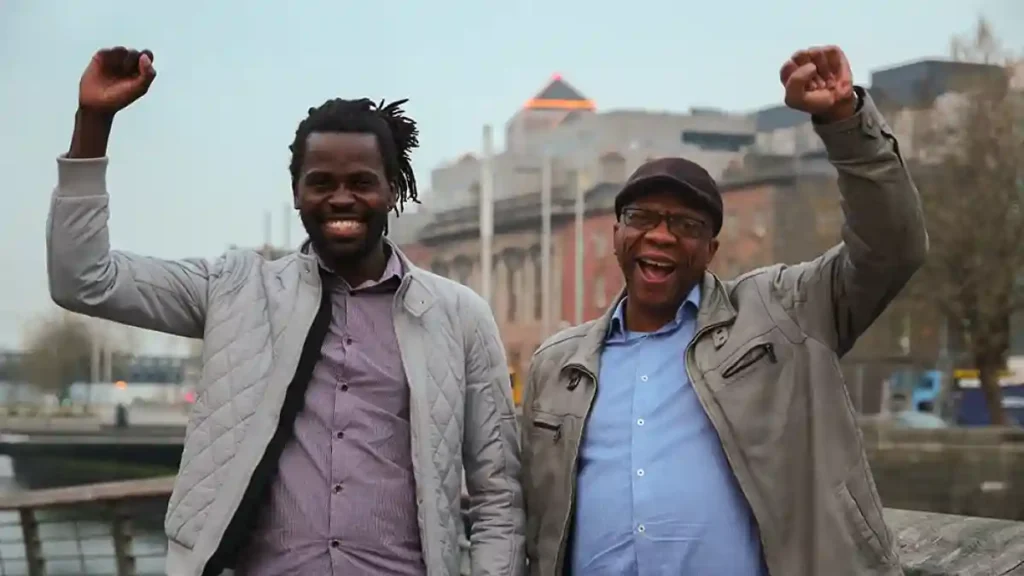
Furthermore, Richmond advocates for reforming the family reunification system. He criticises the current process, which allows spouses of individuals with critical skills to permit immediate access to Ireland and the job market but forces spouses of individuals with regular work permits to wait a year and apply for separate licences themselves. He cites the example of an obstetrician forced to be separated from her children for two years.
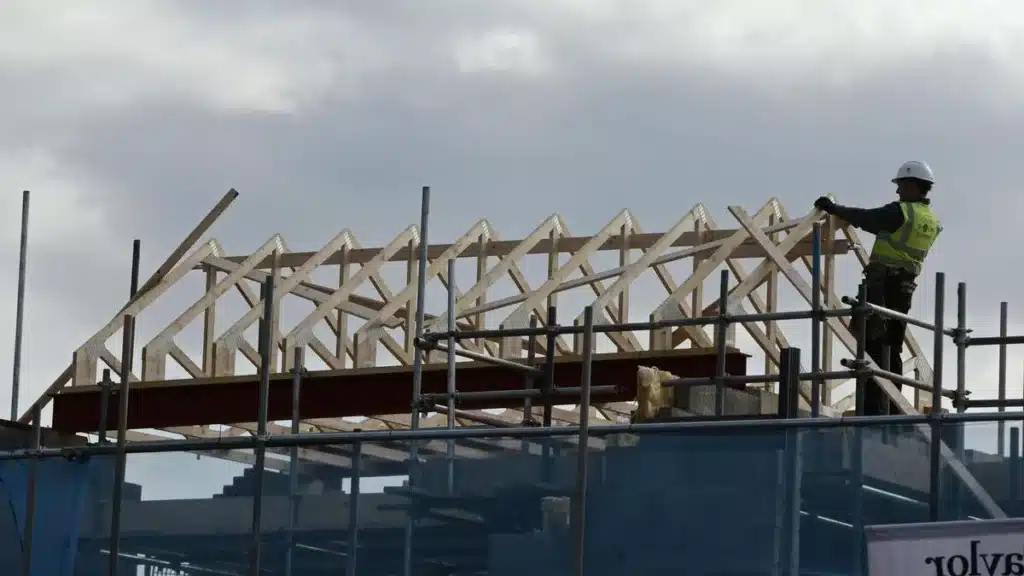
Richmond plans to discuss merging the visa and work permit processes with Justice Minister Helen McEntee to address this issue. He envisions a streamlined system where both permits are issued within four weeks, followed by an expedited family reunification process. This, he argues, would incentivize skilled individuals to stay and contribute to Ireland while creating a more welcoming environment for their families.
While the proposal and its potential impact are still being debated, it highlights the ongoing discussions surrounding immigration policy in Ireland, balancing economic needs with humanitarian concerns.
LATEST NEWS
DISCOVER MORE

